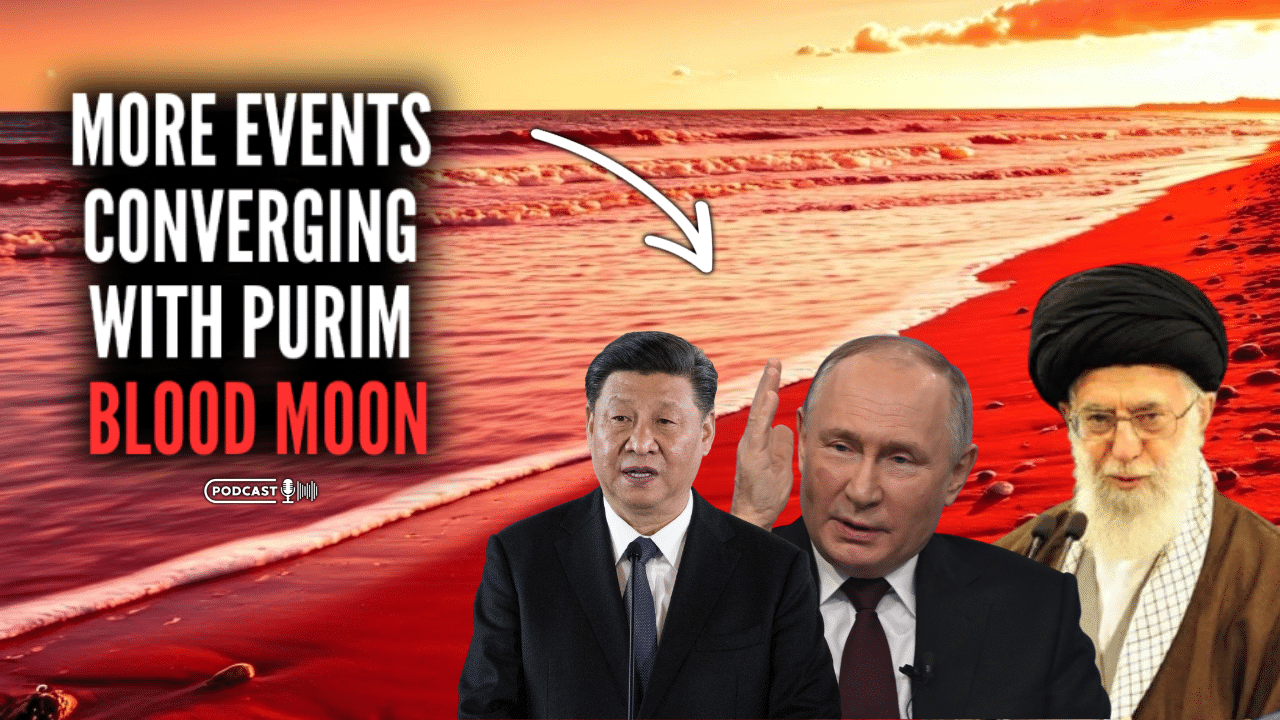In recent months, a growing chorus of concern has emerged over China’s aggressive ramp-up of industrial production, with analysts warning of a potential economic tidal wave that could overwhelm U.S. industries.
Dubbed a “tsunami” of cheap products, this surge in exports has sparked debates about trade imbalances, domestic manufacturing, and the broader implications for American competitiveness.
According to a detailed report from the New York Post, China has significantly “amped up its factories,” leveraging state-backed subsidies and advanced manufacturing capabilities to flood global markets with inexpensive goods.
The piece highlights how Beijing’s strategic investments in key sectors—such as electronics, automotive parts, and renewable energy technologies—have enabled Chinese firms to undercut competitors on price.
This isn’t a new tactic, but the scale and speed of the current push have caught many off guard. The article quotes industry experts who warn that this wave of exports could “crush U.S. industry” if unchecked, pointing to the sheer volume of goods now hitting American shores.
Supporting this view, Reuters has reported on China’s export figures, noting a marked increase in shipments of consumer goods and industrial components over the past year.
The news outlet attributes this surge to a combination of factors: excess capacity in Chinese factories, a slowing domestic economy prompting a pivot to foreign markets, and deliberate policy moves by the Chinese government to maintain economic growth.
Data cited in the report shows double-digit growth in exports to the U.S., even as trade tensions linger from previous tariff battles.
The Wall Street Journal offers a closer look at the fallout for American manufacturers.
In an analysis of the industrial sector, it describes how U.S. companies, particularly small and mid-sized firms, are struggling to compete with the flood of low-cost Chinese imports.
Steel, textiles, and solar panel producers are among the hardest hit, with some factories scaling back operations or closing entirely. A factory owner in Ohio, interviewed by the Journal, lamented that “we can’t match their prices without losing money on every sale.”
The piece underscores a broader anxiety: that America’s industrial base, already weakened by decades of offshoring, may not withstand this latest onslaught.
Meanwhile, CNN has highlighted the consumer angle, noting that while cheap Chinese goods benefit American shoppers in the short term—think lower prices at big-box retailers like Walmart—the long-term cost could be steep.
Economists interviewed by CNN warn of job losses in manufacturing hubs and a further erosion of the U.S.’s ability to produce essential goods domestically.
The report draws a historical parallel to the early 2000s, when China’s entry into the World Trade Organization triggered a similar influx of imports, leading to what some call the “hollowing out” of American industry.
Public sentiment, as reflected in posts found on X, reveals a mix of frustration and resignation. Some users echo the New York Post’s alarm, with one stating, “We don’t want cheap shit anymore. Buy American.”
Others see the issue as inevitable in a globalized economy, urging policymakers to adapt rather than resist. This divide mirrors the broader policy debate unfolding in Washington.
The New York Times reports that the Biden administration is weighing new tariffs and trade restrictions to stem the tide, though such measures face hurdles.
Critics, cited in the article, argue that tariffs could spark retaliation from China and raise costs for U.S. consumers, while supporters insist they’re necessary to protect domestic jobs.
The Times also notes that some lawmakers are pushing for subsidies to bolster American manufacturing—a move that could level the playing field but risks escalating into a costly subsidy war with Beijing.
Zooming out, Bloomberg frames China’s export push as part of a larger geopolitical strategy. With its domestic demand faltering amid a real estate slump and aging population, China is doubling down on its role as the “world’s factory,” according to the outlet.
This aligns with Beijing’s long-term goals of economic dominance and self-reliance, even as it floods markets with goods that other nations struggle to absorb. The report warns that without coordinated international action, the U.S. and its allies could find themselves outmaneuvered.
The BBC adds a global perspective, pointing out that the U.S. isn’t alone in feeling the pressure.
European Union officials have voiced similar concerns, with some member states pushing for stricter import controls. The BBC cites trade analysts who predict a “race to the bottom” in pricing, potentially destabilizing economies worldwide.










